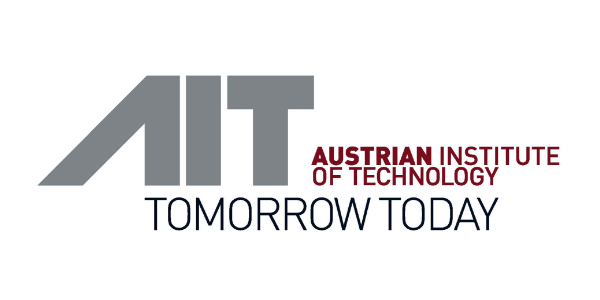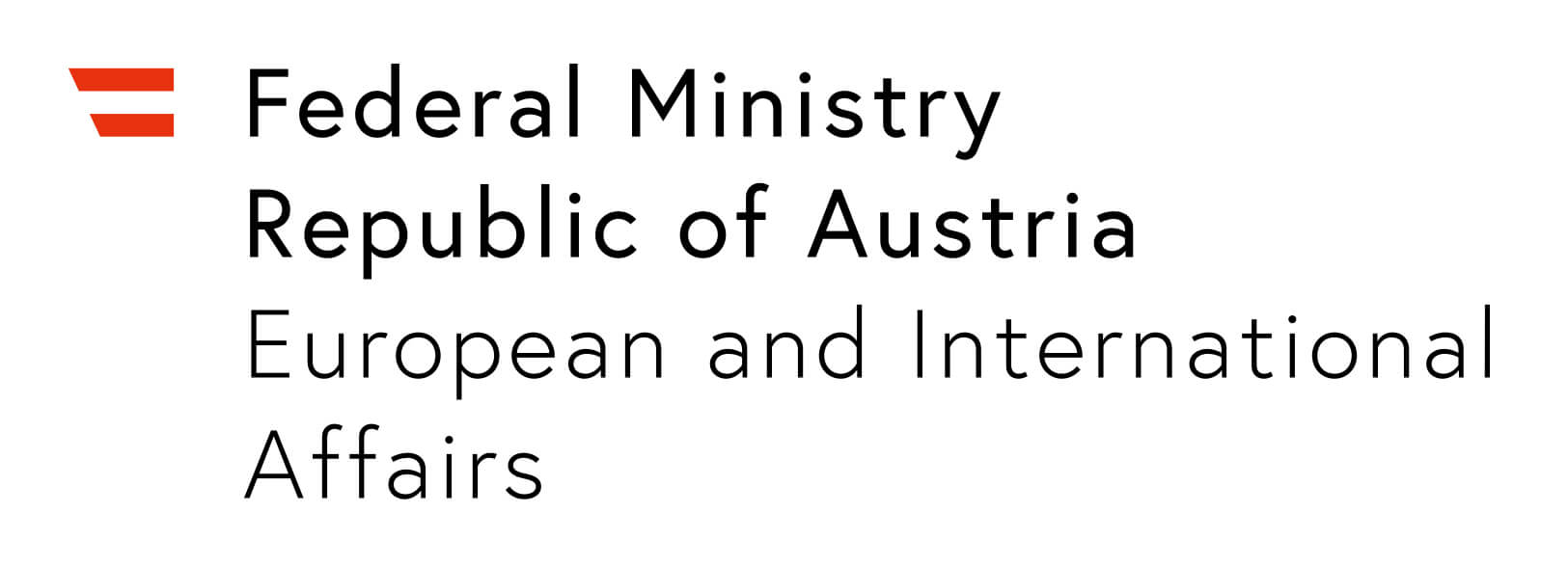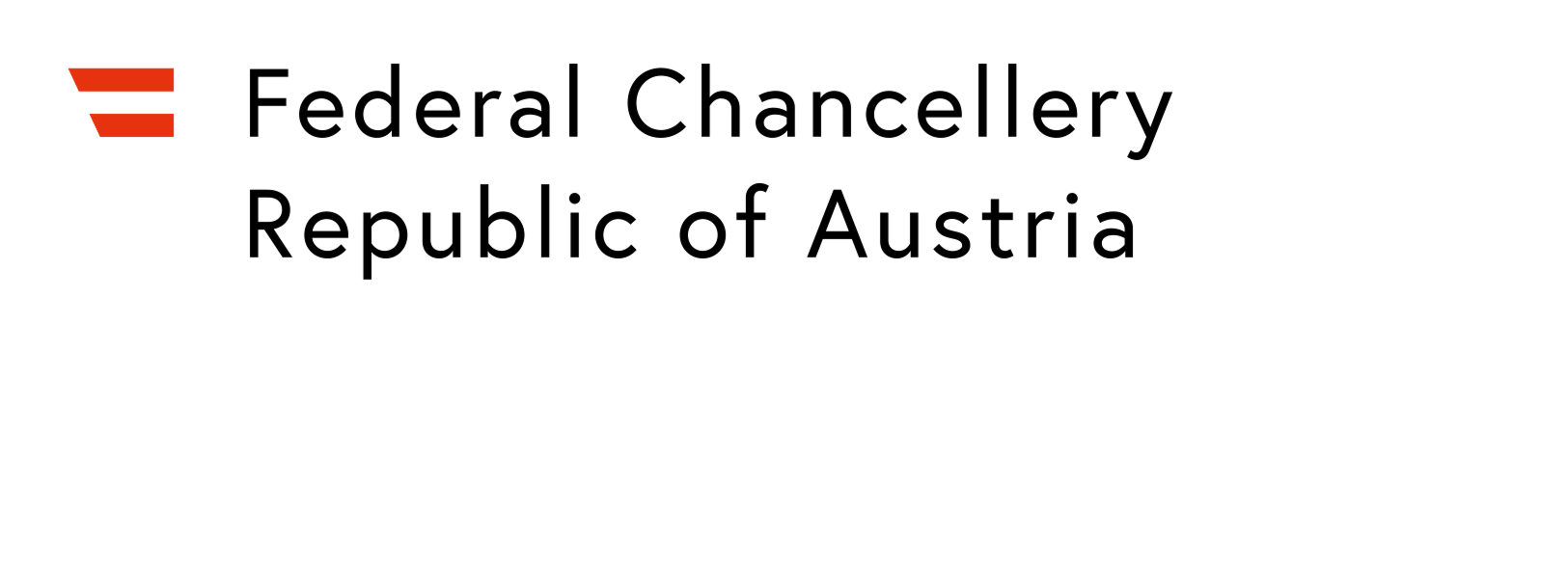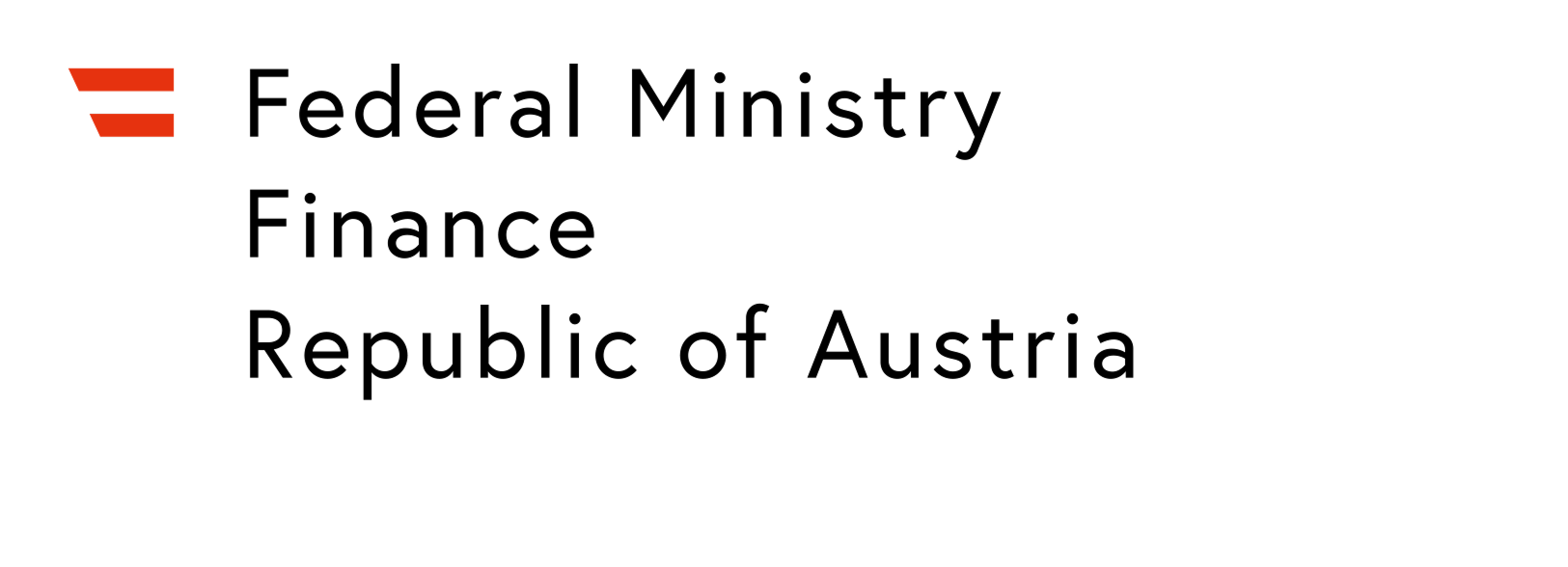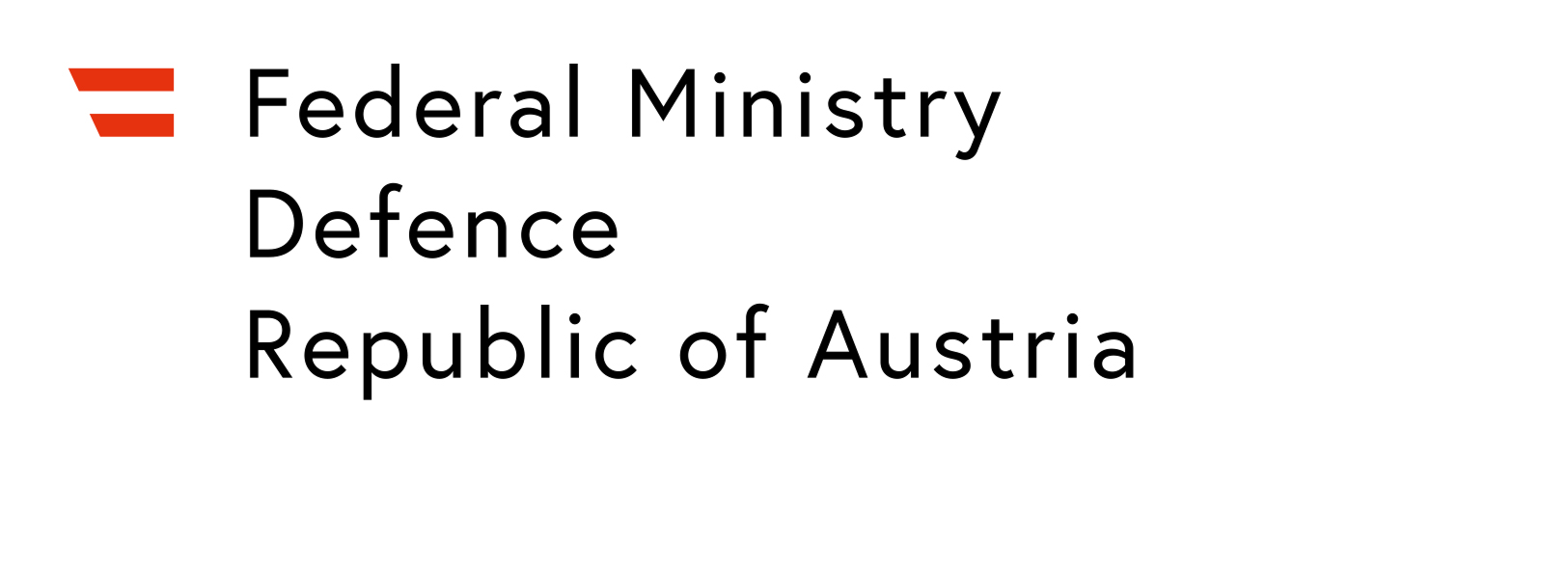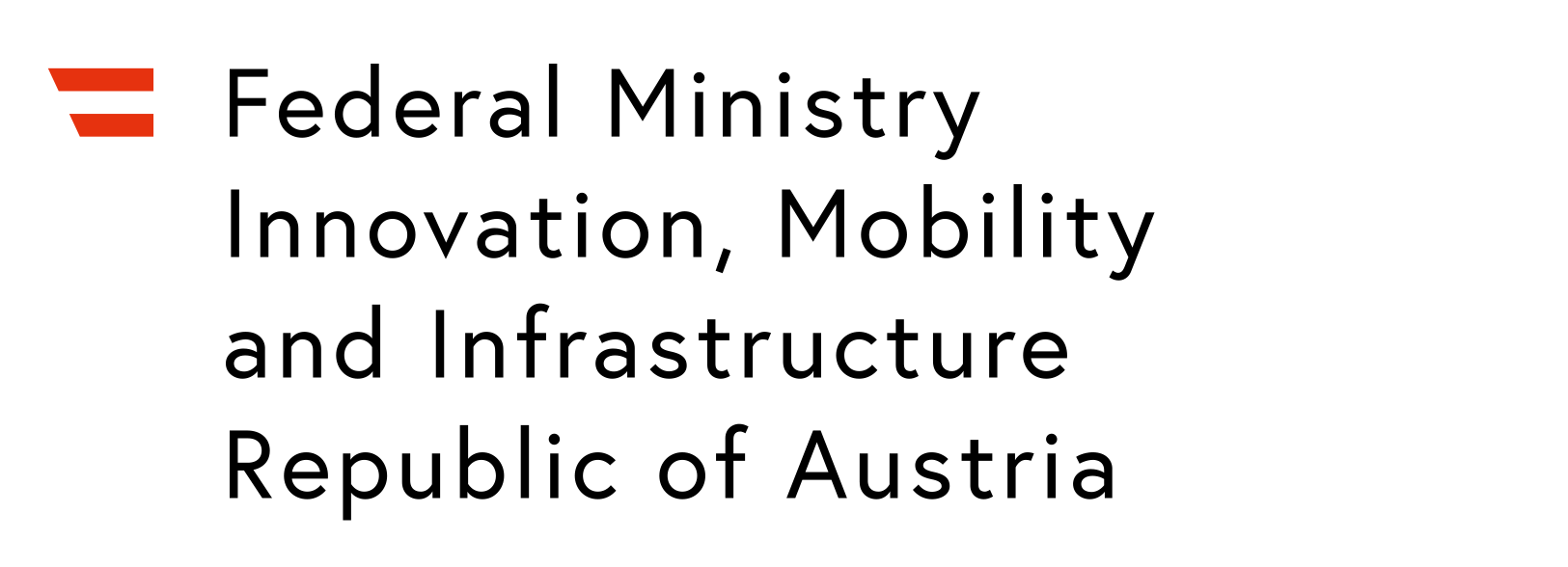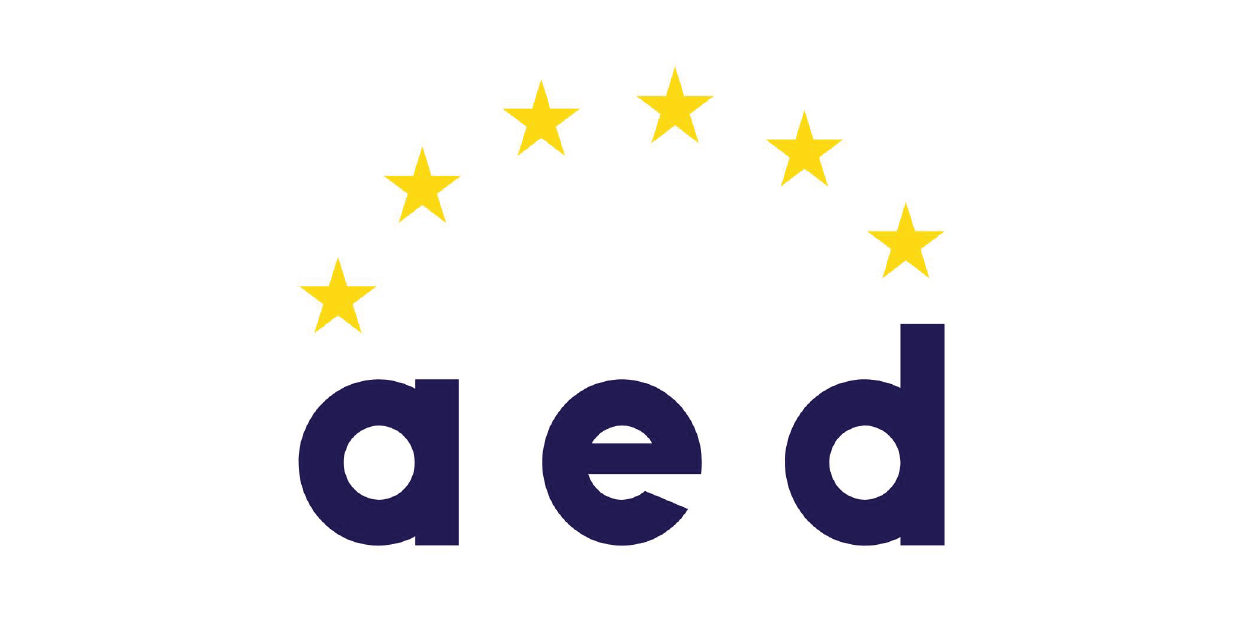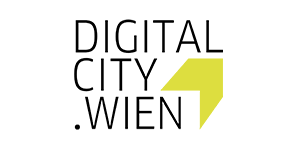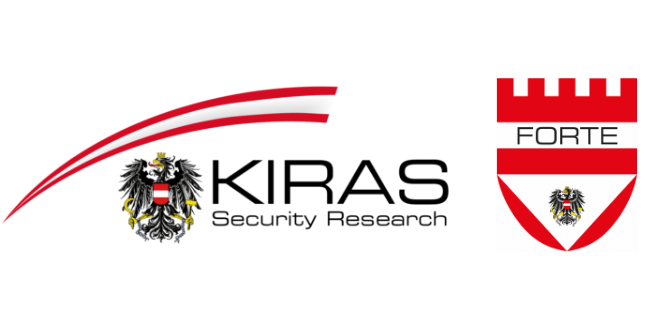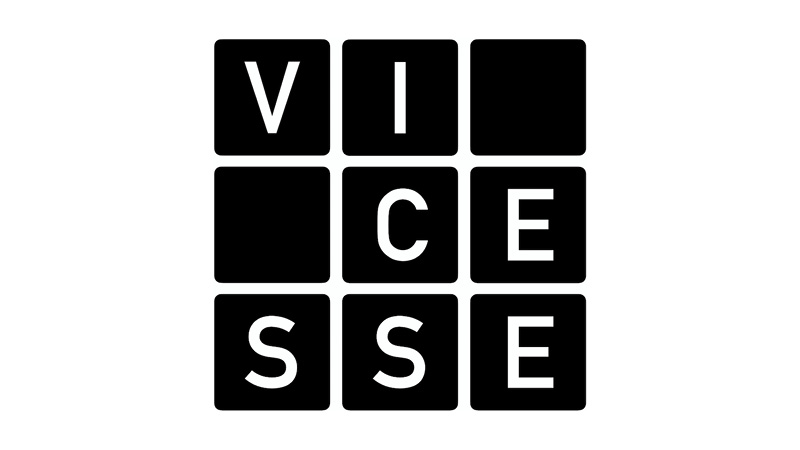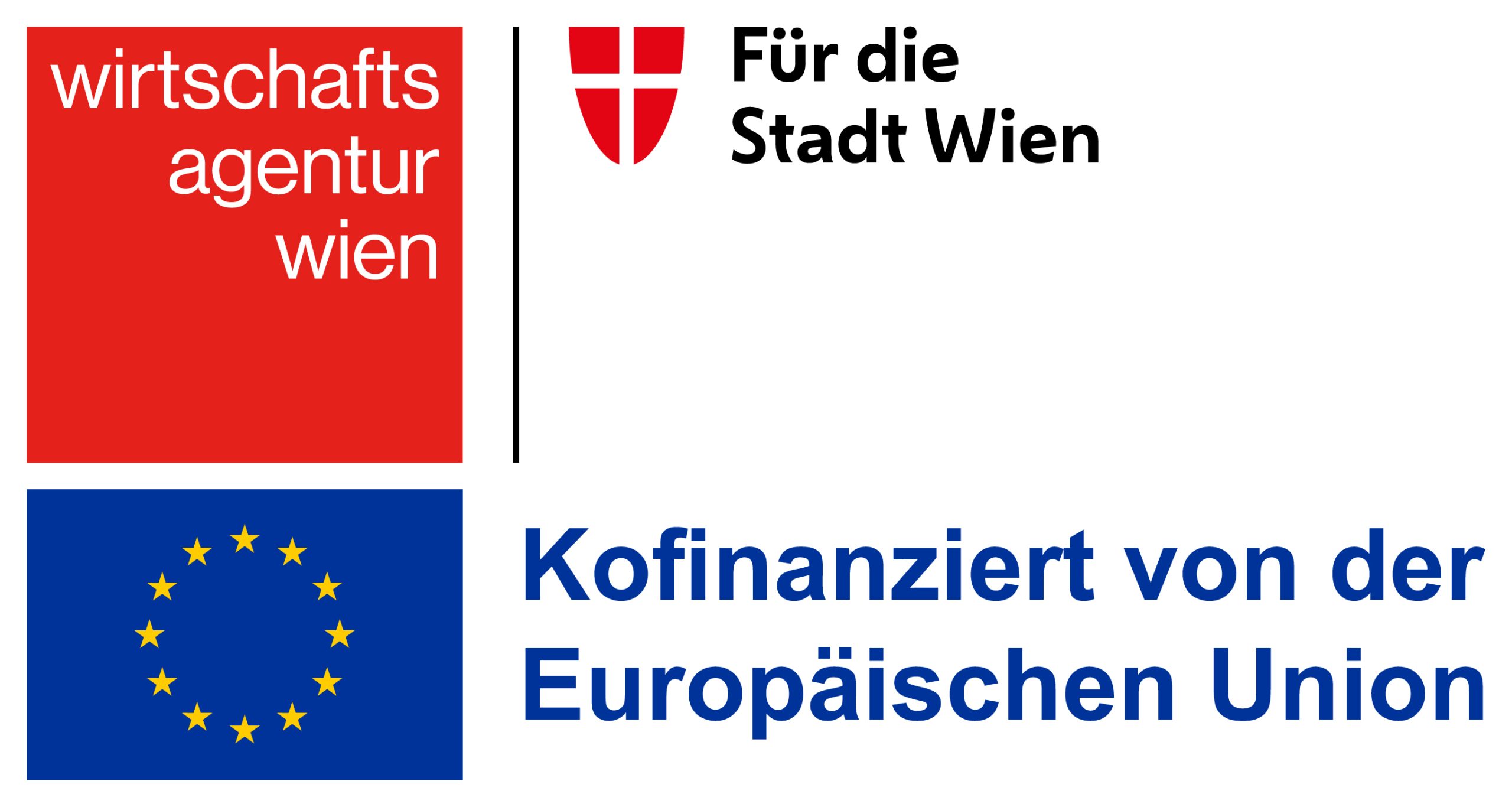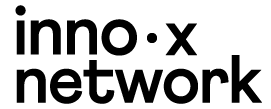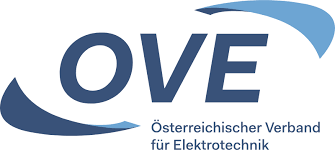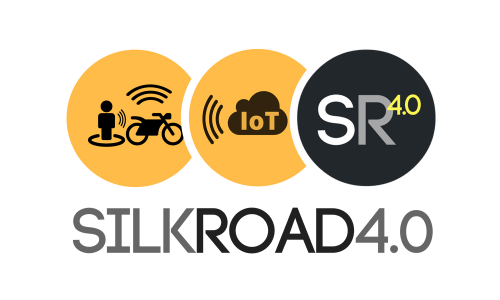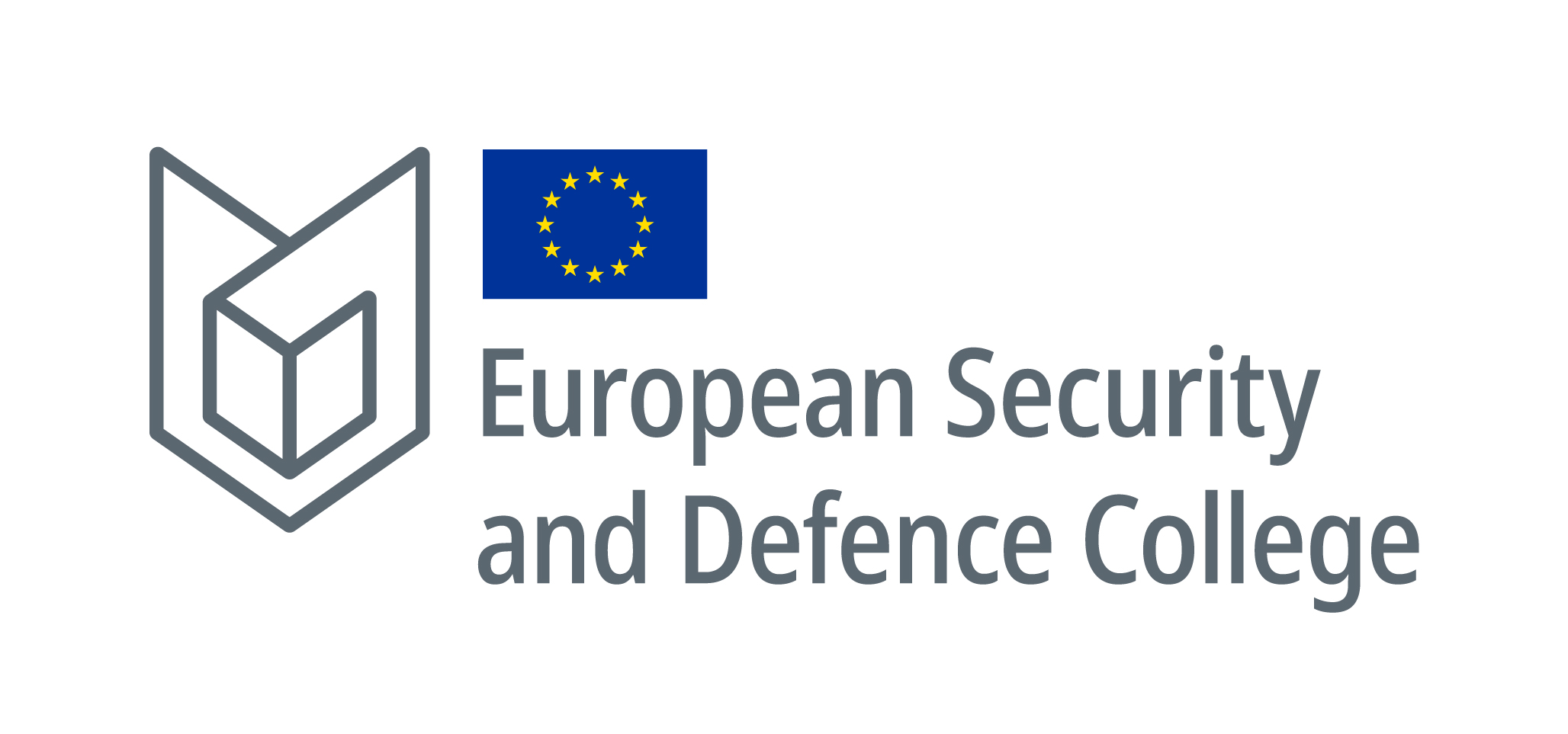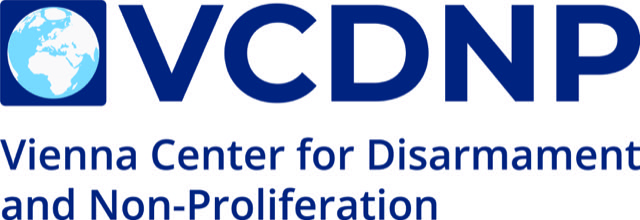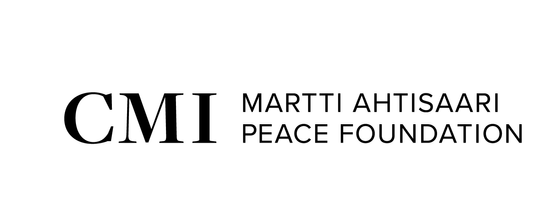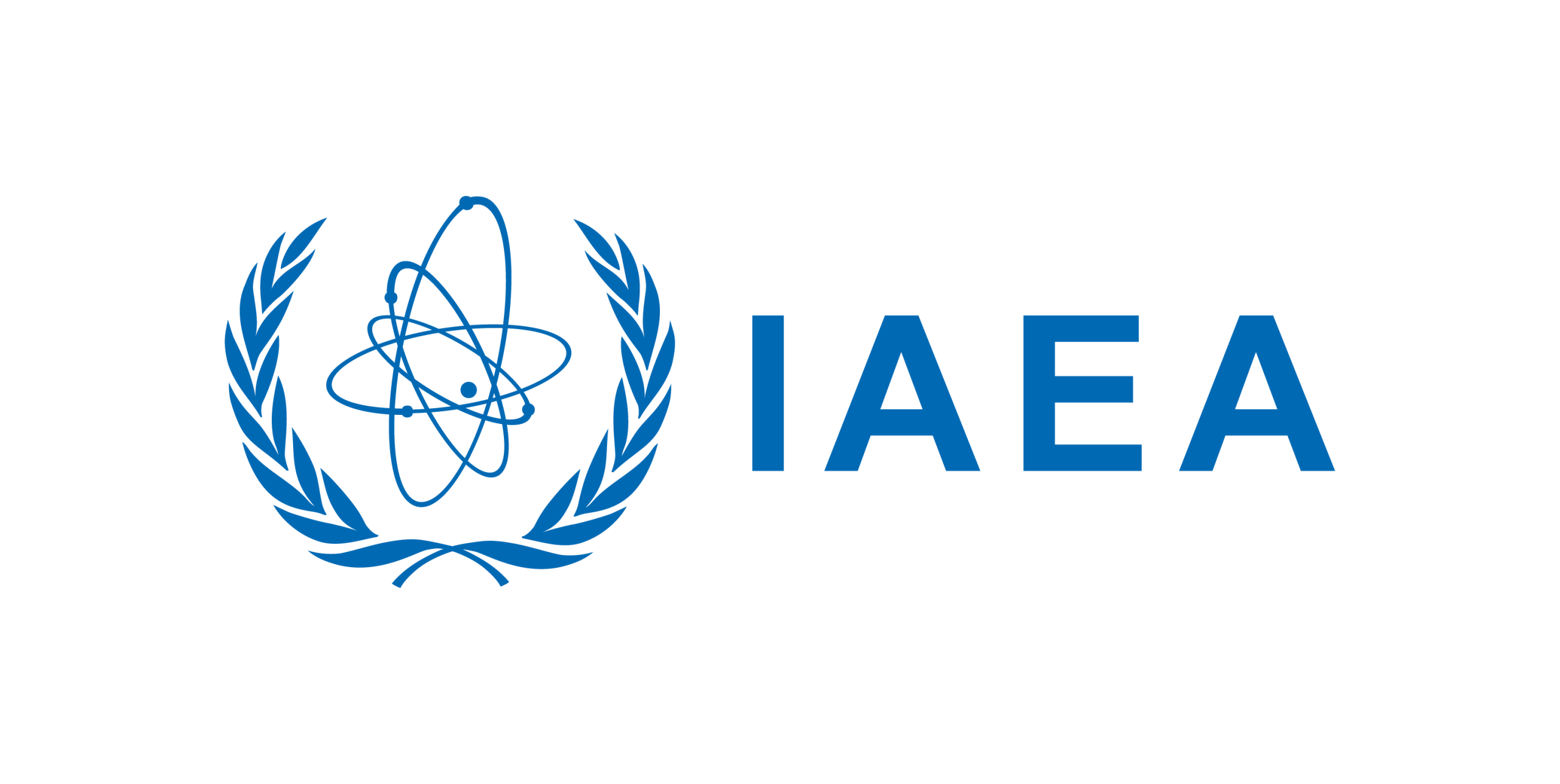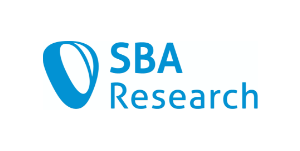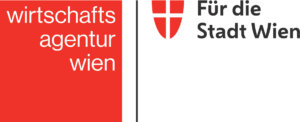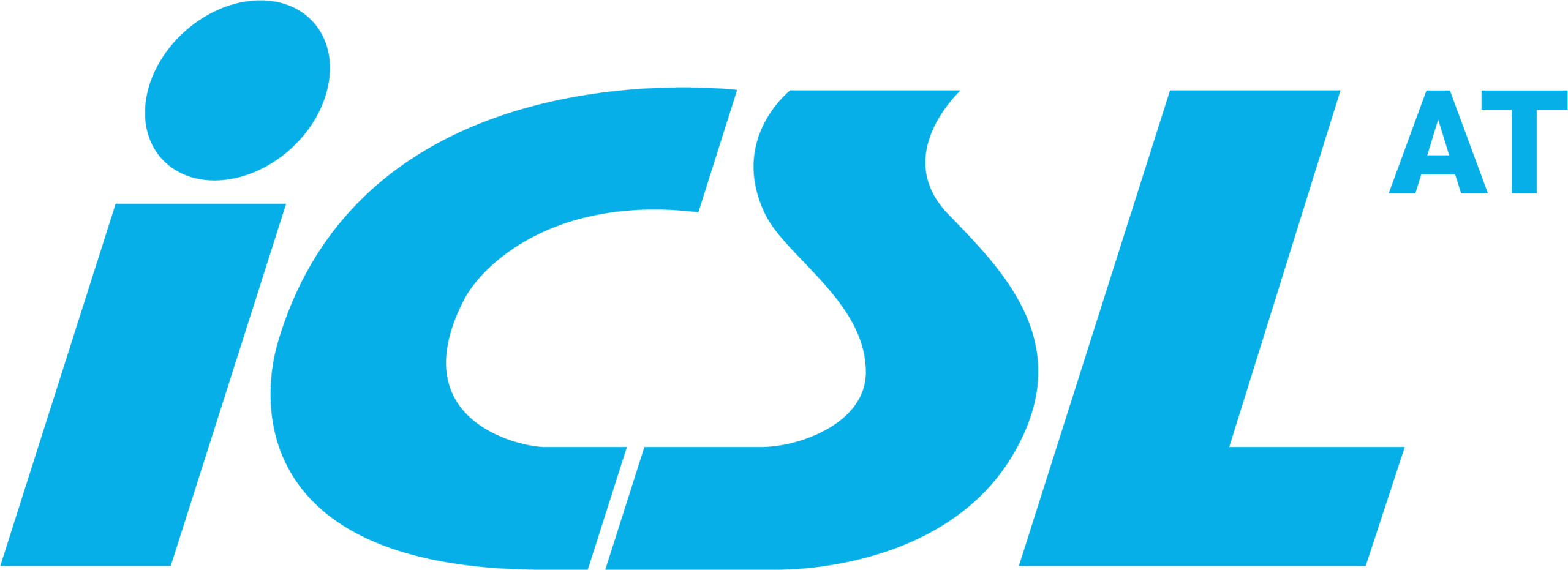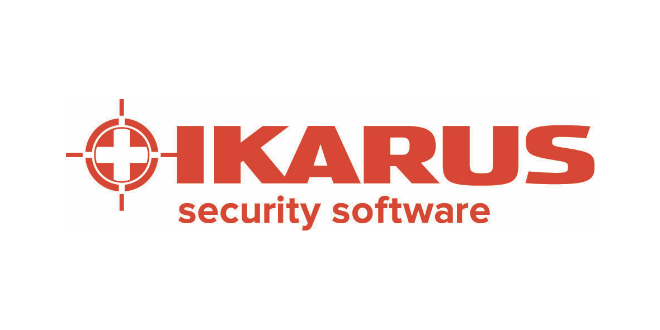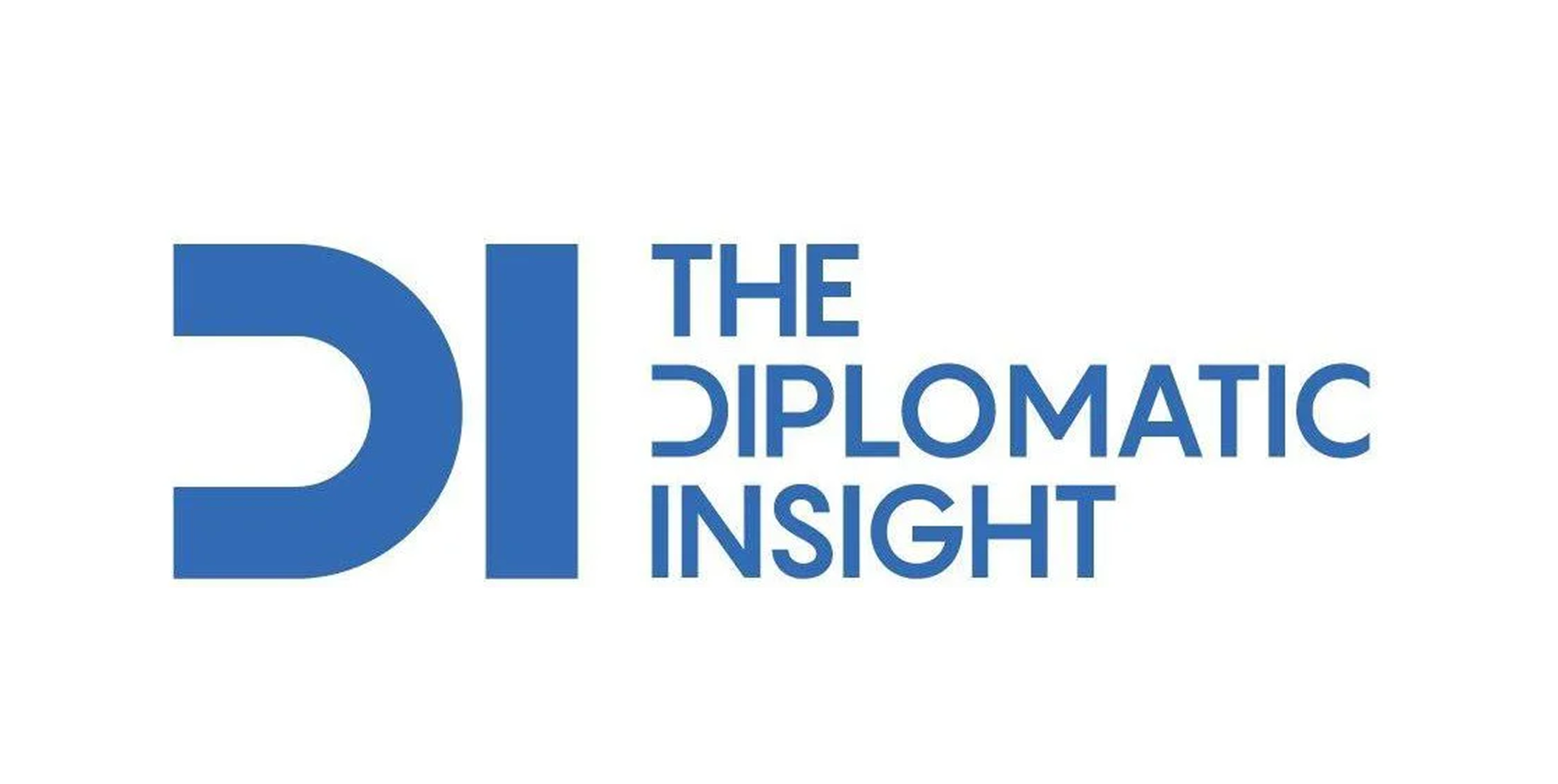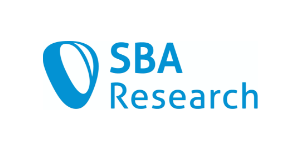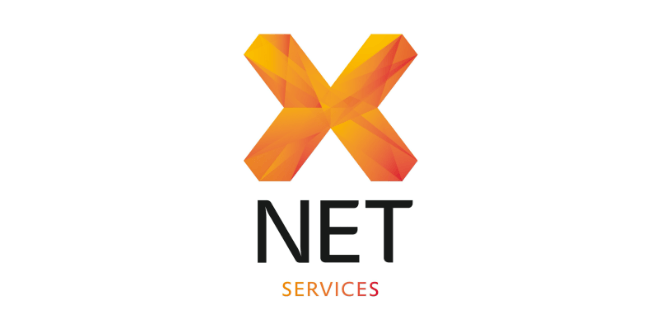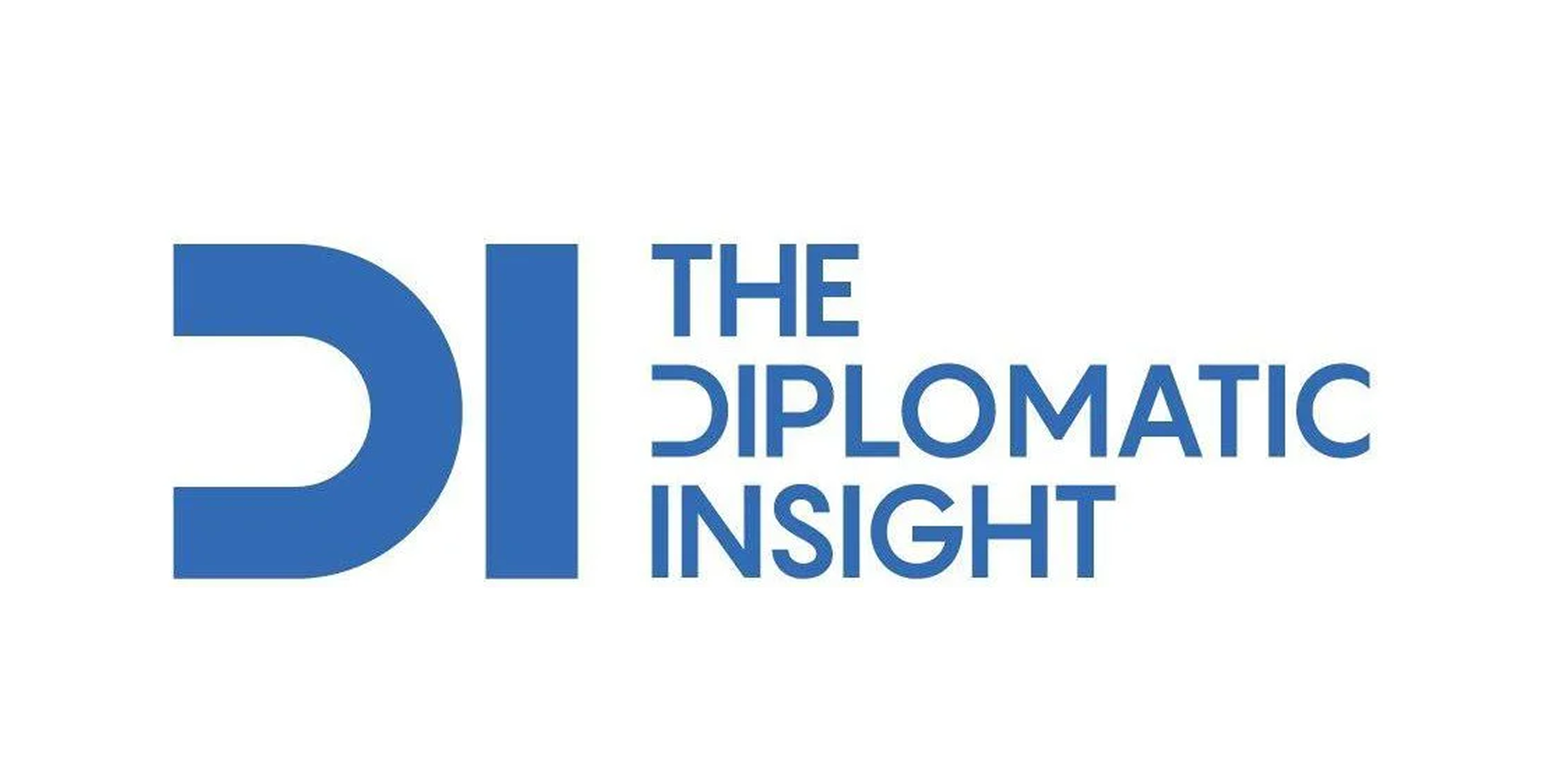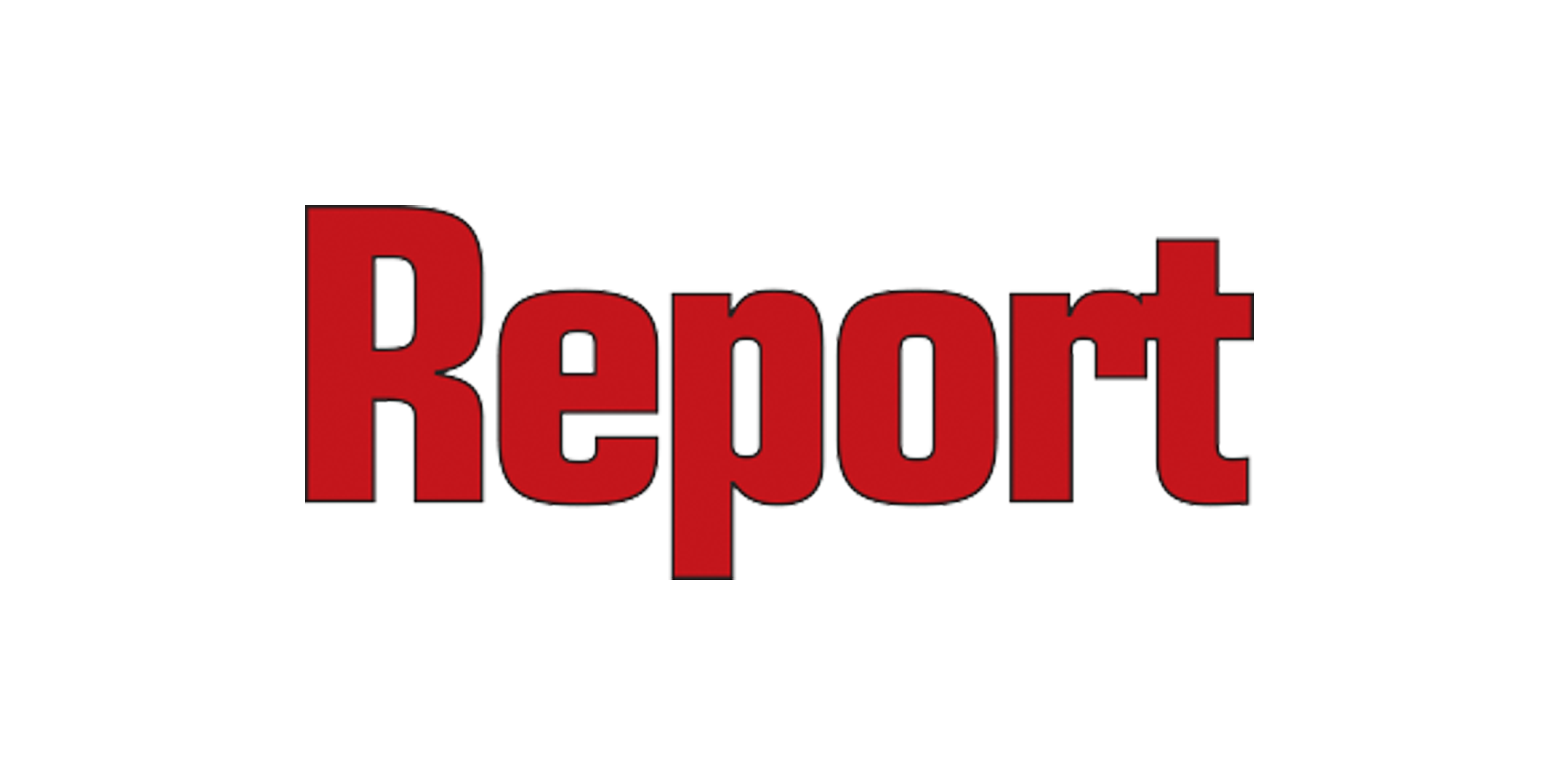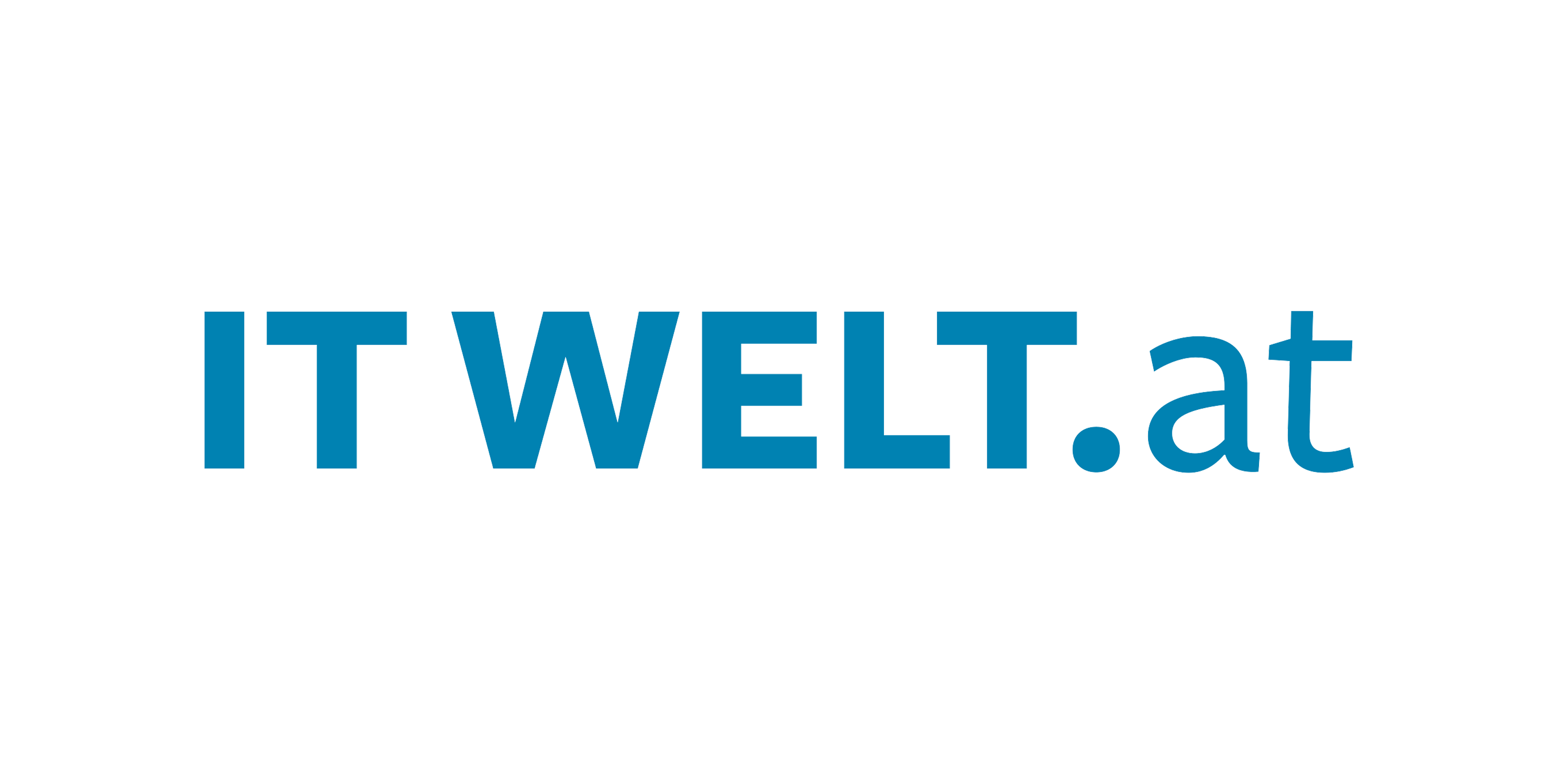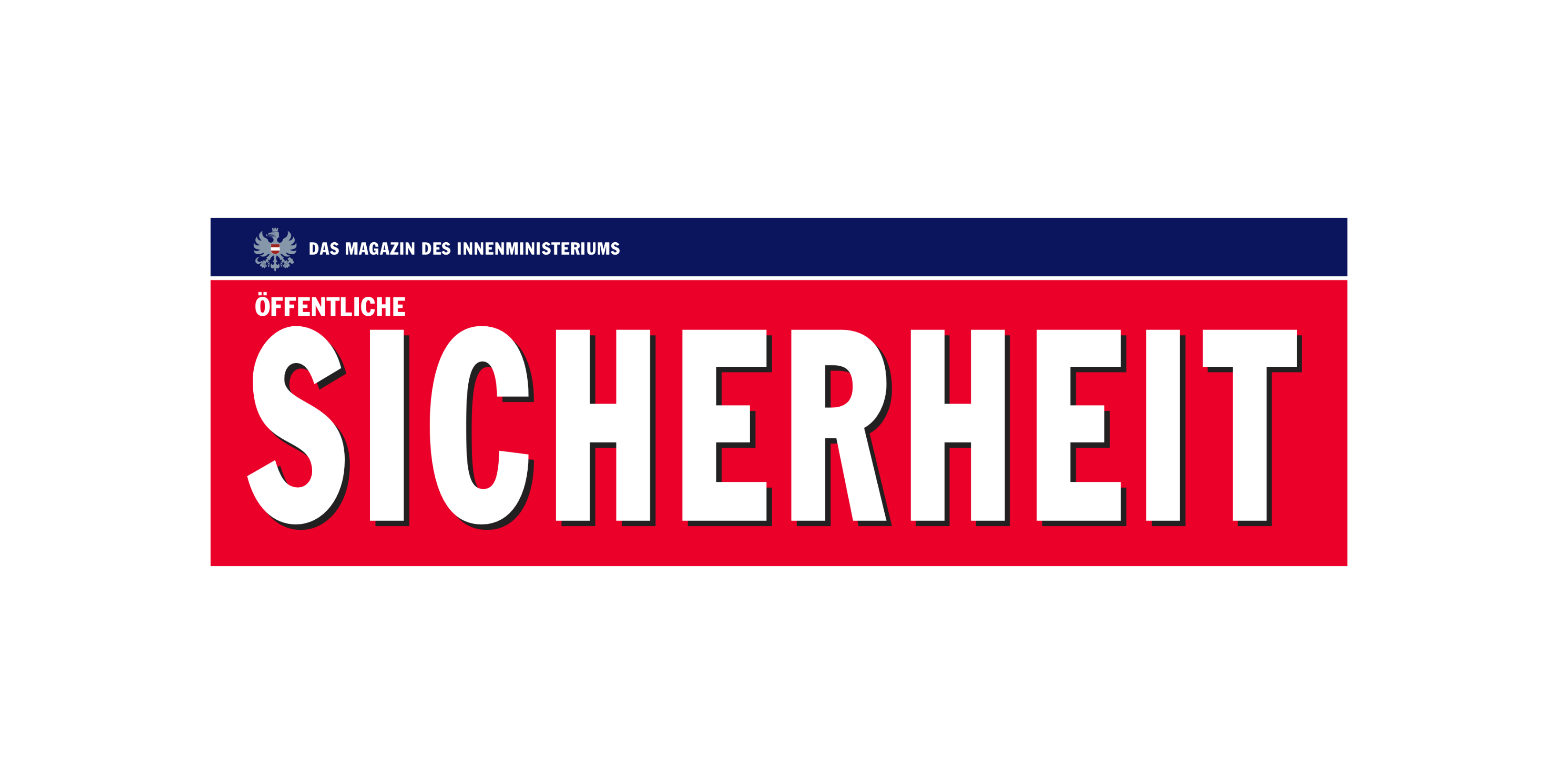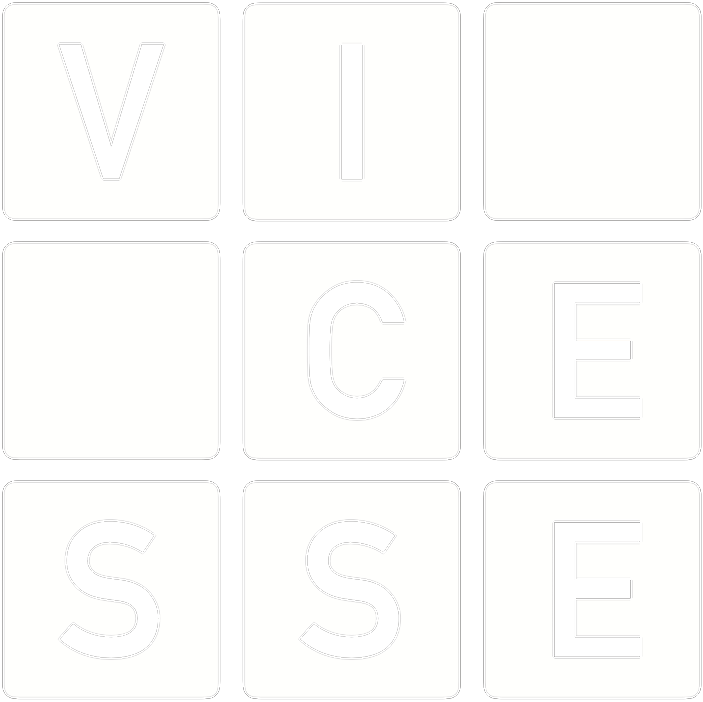Call for Papers
“Sovereignty and Solidarity in the Digital Age – a critical view”
Social-Science Track at the International Digital Security Forum (IDSF) 2025
05.06.2025, MQ, Vienna / Austria
The Vienna Centre for Societal Security (VICESSE) and the AIT Austrian Institute of Technology are happy to announce their continuous collaboration to host the Social-Science Track on the 5th June 2025 at the International Digital Security Forum (IDSF) in Vienna, Austria on the theme: “Sovereignty and Solidarity in the Digital Age – a critical view”.
With the rise of digital technologies came several bold promises regarding the expected impact of the global spread of ICT-empowered opportunities for communication and social interaction, liberated from the constraints of time and space.
Information and data were supposed to become globally available to a general public connected via social media and the Internet, opening new virtual fora for political debate, deliberative exchange and collective action. The idea of a de-centralised public sphere, sustained in a bottom-up fashion by global citizens could transform democracies and overcome geographical borders.
Today, more than fifty years after the first launch of the Internet these early optimistic projections have given way to a more sobering and nuanced assessment of the observable impacts of the digital transformation. While there are some obvious and widely acknowledged success stories like the emergence of Wikipedia as a user-driven, non-profit global knowledge hub, there are other developments that run counter to the early ideas of a democratising empowerment through digital technology.
Some of these detrimental effects can be side-effects of using digital technology, others may be wilfully produced by commercial providers of digital services.
With regard to the idea of solidarity we have seen the growth of patchworks comprised of toxic groupings in the digital sphere centred around often outlandish ideas and ideologies. These groupings often display high levels of internal solidarity at the expense of hostile exclusivity against non-members and outsiders declared as enemies.
Seen through the lens of sovereignty, with the opening of the virtual public sphere came a huge potential for commercial and political surveillance. Citizens as users, consumers and activists may come together in the virtual sphere to exercise their right of free speech and strengthening their collective political voice, but by this very engagement they produce the data raw material for a wide variety of technology-empowered practices collected under the umbrella acronym of OSINT (Open Source INTelligence). Questions of data-sovereignty have emerged in this process, adding a new dimension to the debate about citizenship and democratic sovereignty. Also, the increasing role of Big Tech companies in domains such as health, education, public administration, media, finances, transportation etc., is unprecedented and poses several challenges to liberal democracies.
At the same time, state surveillance on a transnational scale corresponding with immense state power and the risk of exploitation of sensible information, which have come to light during the Snowden revelations in 2013 and have since only expanded and furthermore question the idea of state sovereignty and national security in the data age.
To assess the current state of affairs in this field of digitally (dis-)empowered societies requires a close look not only at political and economic rationalities but a good understanding of the role played by the techno-social and regulatory infrastructures (and their actors) sustaining the digital sphere but also other spheres and their interaction in a way that does not produce more harm than good (i.e. inequalities), particularly with regard to cutting-edge innovations linked to the emergence and roll-out of generative AI tools and solutions.
We invite conceptual-theoretical and/or empirical contributions from social science and legal scholars. We also explicitly welcome contributions based on first-hand experience from activist groups and technology developers. Contributions should address one or more of the following general topics:
- Challenges to solidarity and sovereignty in the digital age: exploring how digital technologies disrupt solidarity and sovereignty, including deliberate forms of disruption
- The role of infrastructures and actors: investigating how techno-social and regulatory infrastructures, as well as the actors who design, maintain, and govern them, impact solidarity and sovereignty in the digitalized world
- Opportunities for strengthening solidarity and sovereignty: analyzing how digital technologies, policies, or grassroots initiatives offer pathways to reinforce solidarity and sovereignty
- Imagining alternative futures: envisioning alternative trajectories for a digitalized world that foster and reinvent solidarity and sovereignty
Information on abstracts and submission:
- A 500-word abstract in English is required.
- The deadline for abstracts is 9th March 2025.
- Abstracts should be submitted via e-mail to office@vicesse.eu
- Review results and information to the authors by 4th April 2025.
For more information or inquiries please contact: office@vicesse.eu
